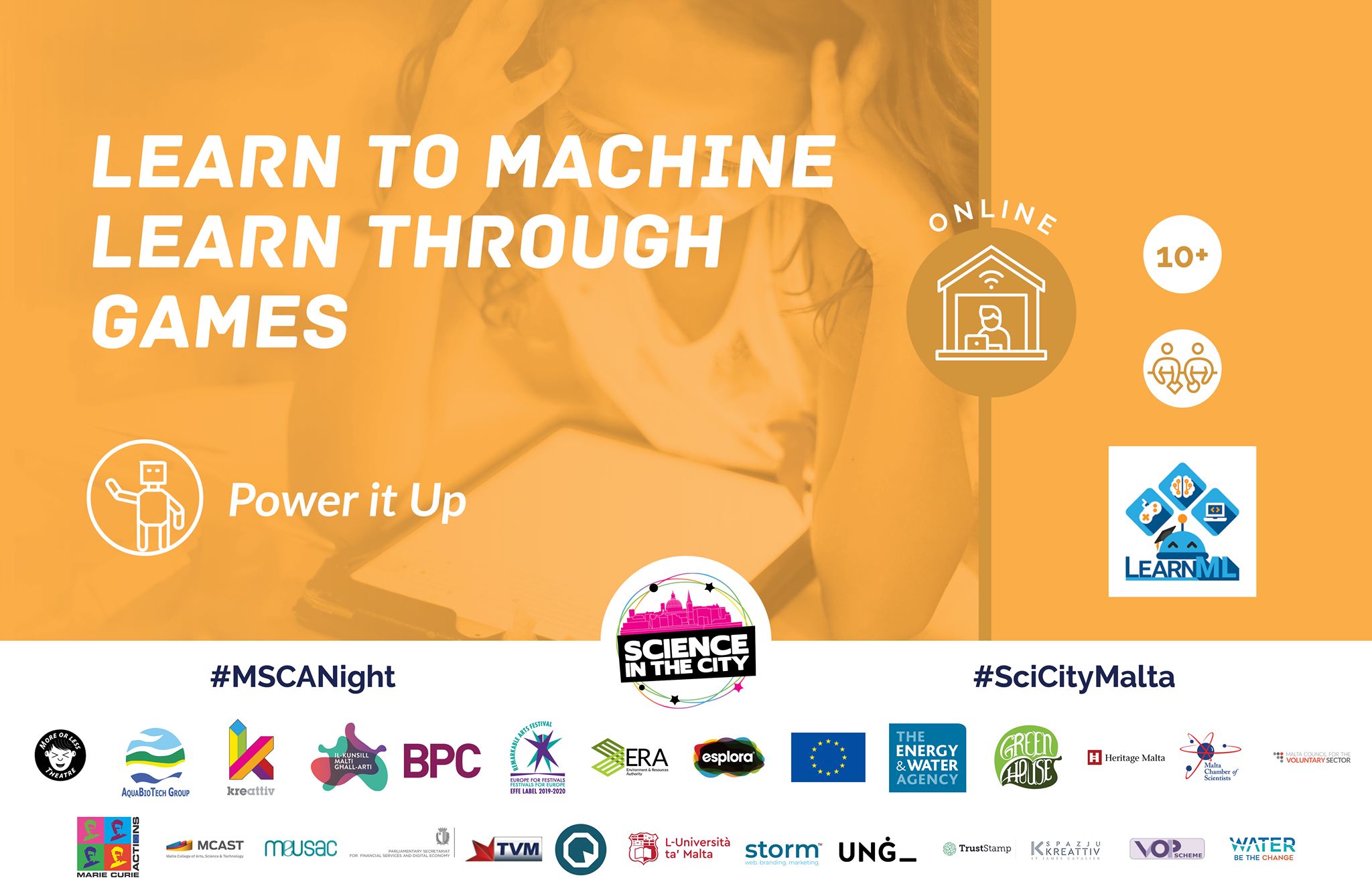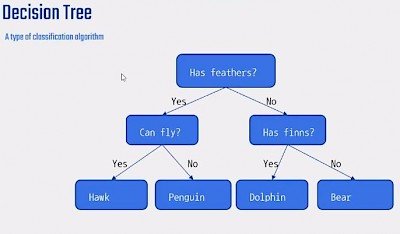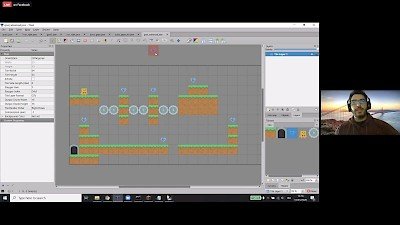
Science in the City 2020 - Machine Learning for Kids Workshop


Science in the City is usually Malta’s premiere science event, with the bastions of Valletta coming alive with all kinds of interactive science demonstrations, performances and talks. People can wander between the Maltese balconies and chat directly to the researchers and interact directly with their projects.
This year Science in the City shifted to an online format and the Institute of Digital Games was once again happy to participate in the festival, this time with a pre-event workshop. On the 14th of November 2020 over 130 people had registered to join us for the Learn to Machine Learn Workshop organised as part of the LearnML Erasmus+ Project.
Fast-paced, Game-based Machine Learning Activity
This plethora of students joined us for our online workshop about Artificial Intelligence and Machine Learning streamed on Facebook Live. During this fast-paced workshop, the students were introduced to and engaged with concepts of AI and ML such as supervised, imitation, and reinforcement learning, classification, and algorithmic bias, by playing digital games, watching game demos and presentations, and also shared their perceptions and ideas about AI.
Using Games to explain Machine Learning to Kids
Machine Learning and AI have the potential to bring unprecedented benefits to society. However, concerns have also been raised on the potential pitfalls and dangers regarding the decisions such systems might make, the autonomy of the AI agents, and the values embedded in their design. The workshop forms a part of the larger LearnML project that more broadly aims to deliver a machine learning curriculum for kids. Kids that need to develop advanced digital literacy skills, to question and critically analyse and interpret data and information, recognise misinformation spread via social media platforms, as well as identify emerging cultural and social biases embedded in the architecture and design of computer systems.

School Student Favorite for Science in the City
The Institute of Digital Games stand is usually very popular among the younger children and Science in the City offers us a great opportunity to show children the potential of games beyond entertainment. Stefan Bezzina of Malta’s Ministry of Education had a great example of how much more familiar children are with games, which he demonstrated in last year’s Global Game Jam NEXT. Children who had never played Pac-Man were easily able to outperform their parents in the game of their generation! However, even though children are familiar with games, what we at the Institute of Digital Games often show them is the amount of potential games for various different fields such as - in the case of this workshop - teaching kids AI.

More Resources on Learning Artificial Intelligence for Kids
Are you looking for more resources on using games to teach Artificial Intelligence? Check out this list of 7 Free Games that Teach Artificial Intelligence
If you're looking for more free games made at the Institute of Digital Games that have educational purposes then be sure to check out. Free Educational Games: Game-based Learning Options for COVID-19 Quarantine

